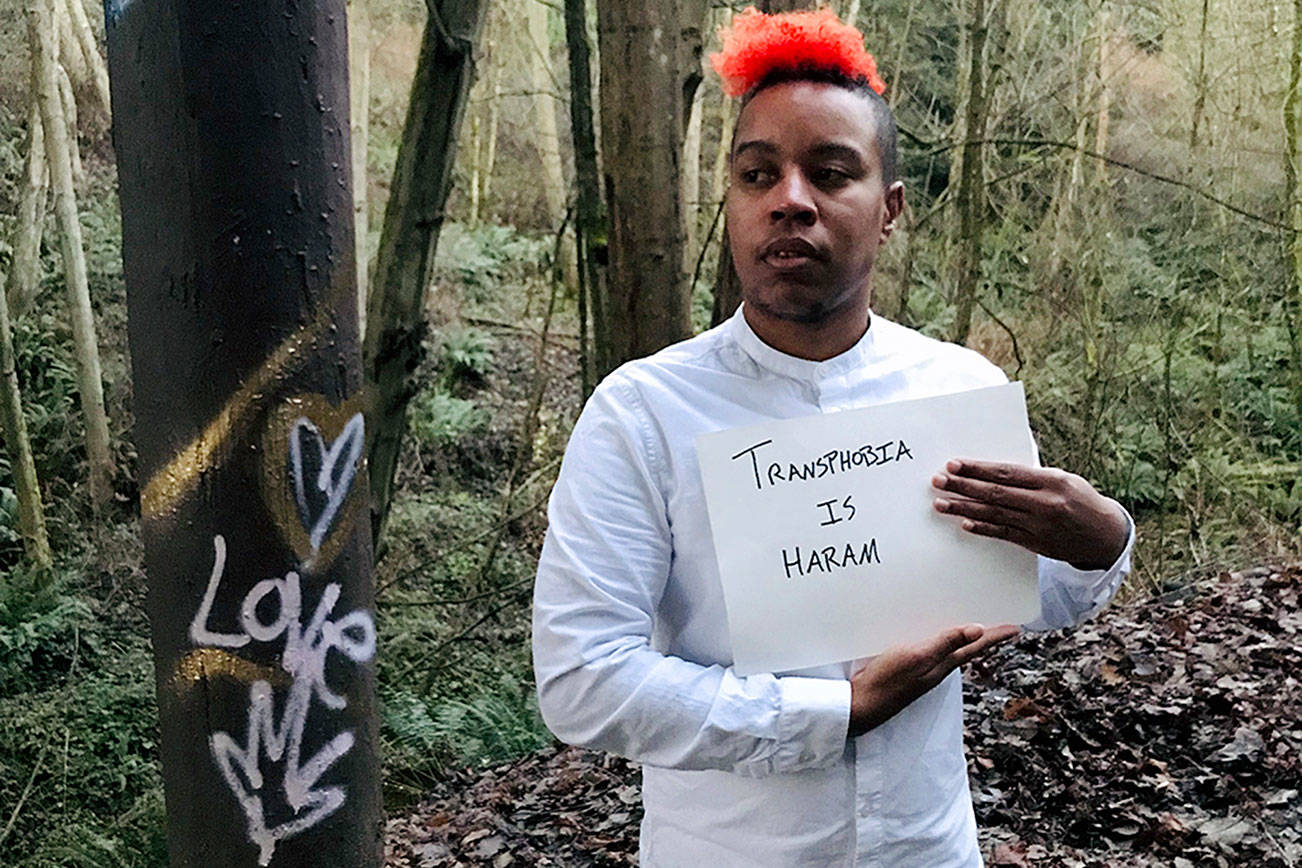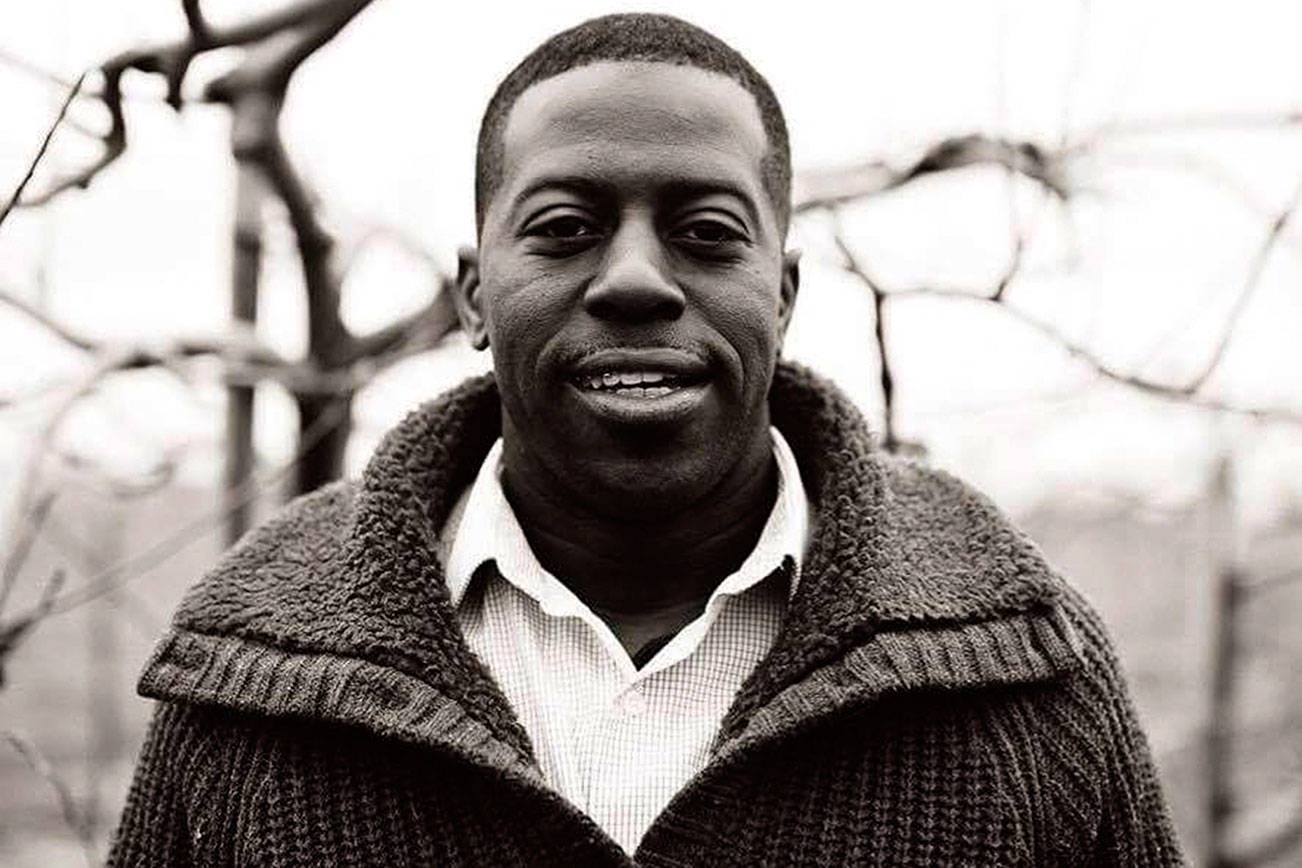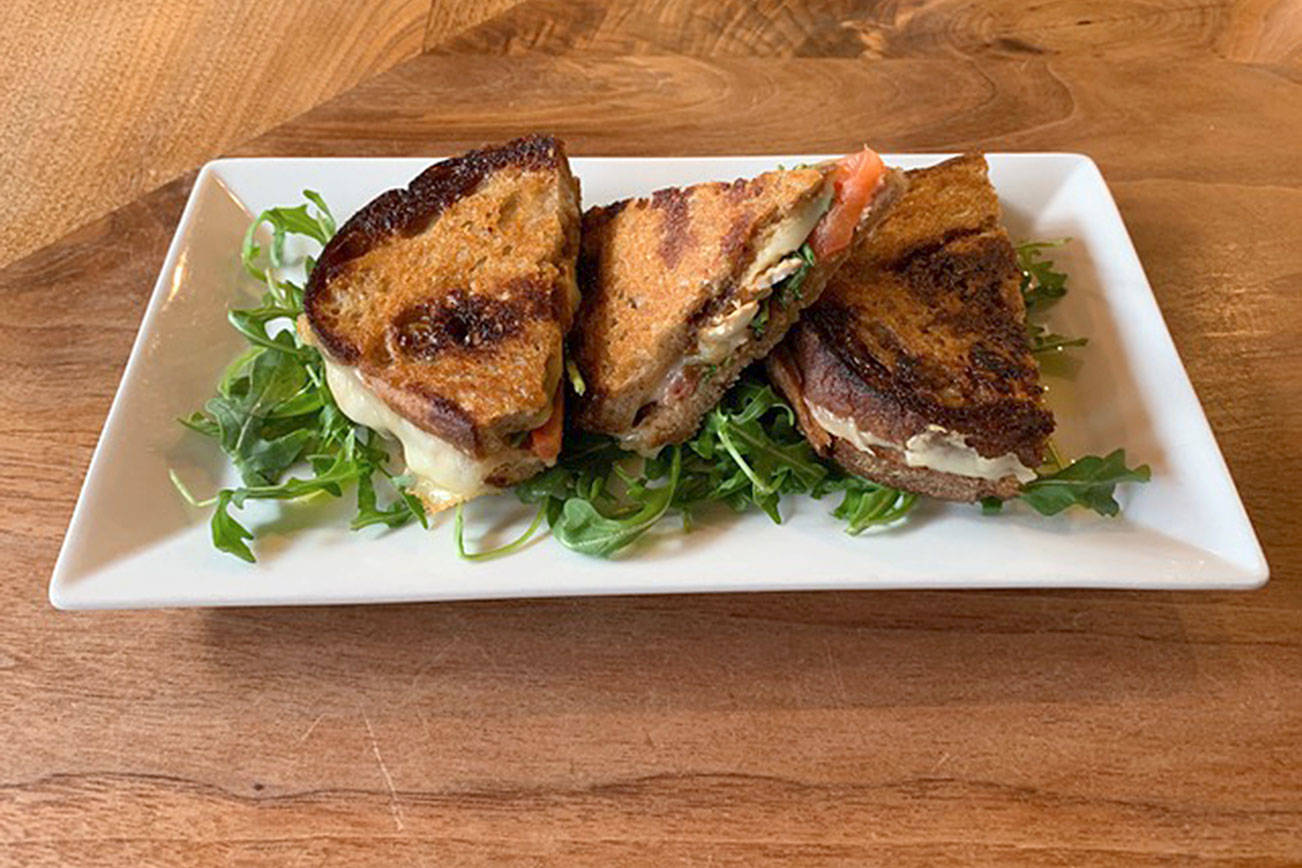Trans-identifying, Seattle-based artist J Mase III has held many jobs in his life: in the nonprofit sector, in university settings, and as a boots-on-the-ground human-rights activist. But it wasn’t until Mase was fired from his most “cushy” position in higher education six years ago that he finally chose to hang up the nine-to-five lifestyle and become a full-time working artist. Ever since, Mase has been creating opportunities for himself and others while also making a living. In fact, his next artistic endeavor is centered on that delicate balance.
This Thursday through Saturday, Mase will emcee and perform at Gay City, a venue and resource center on Capitol Hill, hosting a three-night series he calls “And Then I Got Fired: On Being Trans, Unemployed and Surviving Anyway.” The event, which will highlight the creative and sometimes dire ways trans people earn a living in a world not built with them in mind, will include performances from musician and storyteller Scarlett D’Giacomo, poet and dancer Déjà Baptiste, and versatile artist Jade Dynasty. And while everyone is welcome to attend, Mase says free tickets will be available for trans- and non-binary-identifying people and people of color (if interested, email Poet@JMaseiii.com).
“I want audience members to come away from the shows knowing how talented trans people of color are,” says the 34-year-old Mase. “Trans people have been squeezing water from rocks for a millennia. And by the time the show ends, I want people to know about the history of anti-trans violence and how it started on this continent while also witnessing trans people living in their truth about the ways they survive, be it under or over the table.”
Mase has had his fingers in many professional pies over the past handful of years. The Philadelphia-bred artist, who grew up in a household with a Christian mother and Muslim father, is currently co-editor of the Black Trans Prayer Book, which works to reframe the conversation around transphobia in religious spaces. Mase also started awQward, a talent agency for trans and queer people of color that boasts clients all over the country. And in October he conducted a TEDx talk (which later appeared as an essay in Teen Vogue) called “What Coming Out as Trans Taught Me About Islamophobia,” which dissects the relationship between social politeness and acts of violence against targeted communities.
“I remember when that video posted on YouTube,” Mase says, “and the first comment I got was some hate-speech thing, like, ‘Shut up, queer!’ For me, giving that talk was another reminder that the more honest you are about who you are, the more other people’s insecurities will show up. I don’t care about other people’s insecurities. I do this work not to be an educational tool for white and cisgender bodies, but I do it for people whose very lives are at risk every day.”
Creating a space where trans people of color can feel welcome and appreciated is the prime motivation for Mase’s Gay City event. In additional to the performances, he says the event will feel like “Trans Christmas” and will include prizes and giveaways for trans/non-binary audience members: free massages, jewelry items from a local trans silversmith, gift cards for groceries, and more. “I want trans people to come and have a great time,” says Mase, “and I also want them to come knowing there isn’t anything wrong with them.”
Often, Mase explains, traditional work environments can feel hostile or closed off to people who identify as trans, especially if they have brown skin. Furthermore, physical and mental violence can seem to lurk around every corner. And while for some, working in the arts can feel like a luxury or a hobby, Mase says for many trans-identifying folks, it can be one of the few relatively safe places to turn for a decent paycheck. “I’m not the only trans person that got pushed into being a full-time artist,” he explains. “One out of every three black trans people makes less than $10,000 a year. And the life expectancy for black trans folks — especially black trans femmes — is woefully low. There’s a huge spike in homelessness and an uptick in violence against the trans community. And yet we also don’t talk about how trans people are actually surviving.”
As a child, Mase says he grew up very shy. Artistically, he first found inspiration in the works of Phillis Wheatley, an 18th-century writer who became the first black poet published in the United States. Wheatley was also a slave. “She was one of the first black people I learned about in school,” recalls Mase, who wrote his first poem at age 8. “I thought, ‘Oh my God, becoming a poet is an actual possibility!’ But I didn’t start becoming who I am today as an artist until I lived through some real shit. Learning to survive in different ways teaches you to be more up-front and clear about what your values are.”
At 19, Mase performed poetry professionally for the first time. The opportunity, which came sponsored by a conservative religious group, would inform his creative motivations for years. While Mase felt comfortable in his own skin stepping to the microphone that night, he knew many others in the room weren’t in favor of him being there. Nevertheless, Mase decided the performance would commence in his signature honest, uplifting fashion.
“When you step onstage,” he says, “you’re ministering to people. So on that day, I knew I had to be the trans-est and gay-est person I could because I might actually be the only person who could tell them that it’s OK to be exactly who you are. When I step onstage, I’m channeling something. I believe it’s our job to go beyond yourself and not worry how you come across. It’s about how you engage with the audience and if I’ve uplifted them to a higher place of consciousness about the brilliance of where I come from as a black trans Muslim person.”








